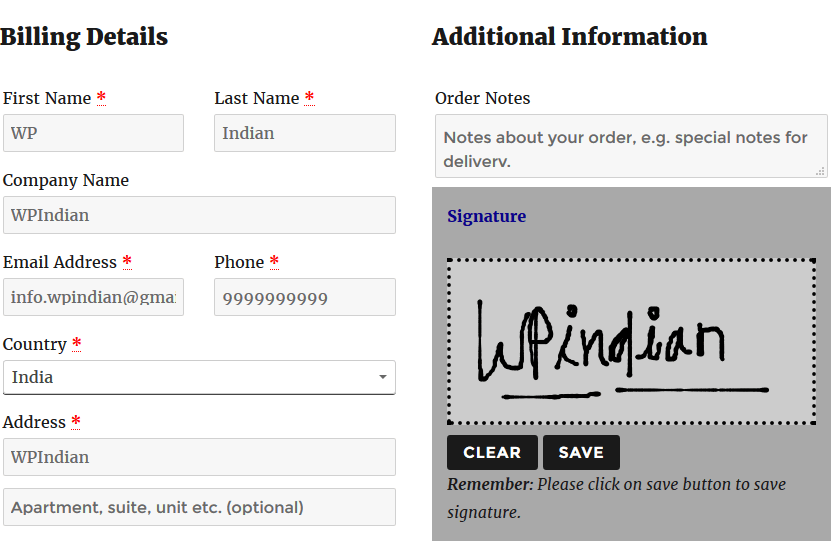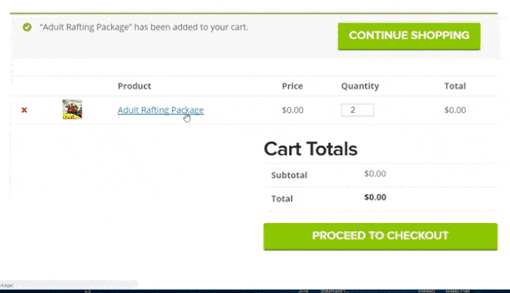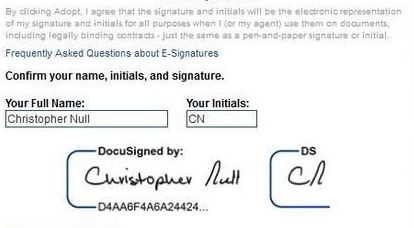How Does Digital Signature Work?
Digital Signatures are unique to the signer and digital signatures work with PKI. You can use a digital signature to prove that you're who you say, as well as provide any information or documents with ease because all providers follow specific protocols called PKI. These require them to create two long numbers-one public key which is used by whoever wants access (or owns) it while keeping another private one just for themselves!
Online signatures are created using the sender's private key, which can only be accessed by them and never revealed. The mathematical algorithm creates encrypted data matching the signed document, called a hash. The digital signature is the resulting encrypted data that can be verified to have been created at a particular point in time.
If it changes, then this invalidates its validity as an authentic representation of what was signed originally and will not allow you access anymore without modification or restoration from before said change occurred - which has implications for any contracts made with parties relying on these signatures being genuine. Imagine you're a buyer and receive an agreement from someone to buy their timeshare.
That is until they sign it over with one of yours; there are two copies now--the original for safekeeping (private key), as well as your public key so that everyone can securely verify contract validity when presented during signing time without any worries!
If the public key can’t decrypt the signature (via its encryption), it means that this person or party has changed their mind and no longer wants to purchase what they had originally committed. These types of signatures are considered invalid because any changes made will be revealed when an attempt is made to verify them against something like a time-stamping service.
To protect the integrity of a signature, PKI requires that key creation be conducted and saved in an appropriate manner. A Certificate Authority is often needed for this purpose - they offer services to help ensure security with digital certificates as well as other document signings. Digital signature providers are the solution for all of your company's needs.
They meet PKI requirements, and they also offer other features that can help with efficiency such as document encryption or watermarking information onto signed documents without compromising their integrity.
FAQ
What is the difference between a digital signature and e signature?
All forms of a signature are used in electronic signatures whereas digital ones need to be attached to something. The key difference between the two: Digital Signatures secure documents, while Electronic Signature solutions verify them.
How can I do an Electronic Signature Website Integration?
It really depends on what kind of agreement you would like to load and from which source. This feature can be implemented on any platform or technology via API integration. If it is just a basic agreement, the information can be grabbed from the product in your cart and displayed at checkout.
What is the function of the digital signature?
Digital signatures are used for a variety of purposes, including ensuring the message was sent by who it appears to be from. This prevents people from denying they sent something when there's proof in digital form and can also allow detection if changes were made on their end without them knowing about them!
Is electronic signature safe?
With e-signature, you can be even more confident in your transactions as the person has been authenticated by a trusted third party. Strong electronic identification means they are who they say they are with bank credentials or other such services like mobile id!
Where do we usually use a digital electronic signature?
The use of electronic signatures has become more common in the modern world.
Electronic documents allow users to sign their name using a signature pad or by typing it onto an input field, but the digital signature technology can also be used for eCommerce transactions and regulatory filings that need some added security measures like keeping records safe from tampering while still being easily accessible at any given time when needed; all this is possible thanks to cryptography!
What Does Public Key Infrastructure (PKI) Mean?
Public Key Infrastructure (PKI) is a set of requirements that allow organizations to create digital signatures.
Each digital signature transaction includes a pair of keys: one private and the other public. The first, also called 'private key', can only be used by its holder to sign documents with an electronic signature; this is done through cryptography.
The public key is a unique code that can be used to validate the signer’s electronic signature. PKI is a system that enforces additional requirements, including the Certificate Authority (CA), digital certificates for end-users, and more.
What is a Certificate Authority (CA)?
Digital signatures are a way to ensure the safety of information. That's why most businesses request signatures. Public and private keys play an important role in this technique, but protection is crucial if it's going to be used correctly!
When you’re sending or signing a document, it's necessary to have an assurance that the digitally signed documents are created securely and they're using valid keys.
CAs, a type of Trust Service Provider that has been widely accepted for ensuring key security and can provide the necessary digital certificate. If both the entity sending and receiving a document agree to use an applicant's certifying authority, they must first meet each other.
What is a digital certificate?
A digital certificate is an electronic document that can be used to authenticate the identity of any organization. A CA issues them, and they're trusted by consumers because it verifies a company's reliance on encryption technology for keeping their data safe from hackers.
A CA certificate contains the public key for a digital signature and specifies which organization or person this identity belongs to. The digital signature certificate is like your company's seal of approval, verifying that the public key belongs to a specific organization. This ensures trust and security for all parties involved in trading or communicating with one another over an encrypted channel!
Digital certificates are important for authenticating and ensuring the validity of your digital signature. They must be obtained from a trusted authority, which will only issue them for limited times under strict conditions to individuals who meet these criteria.














